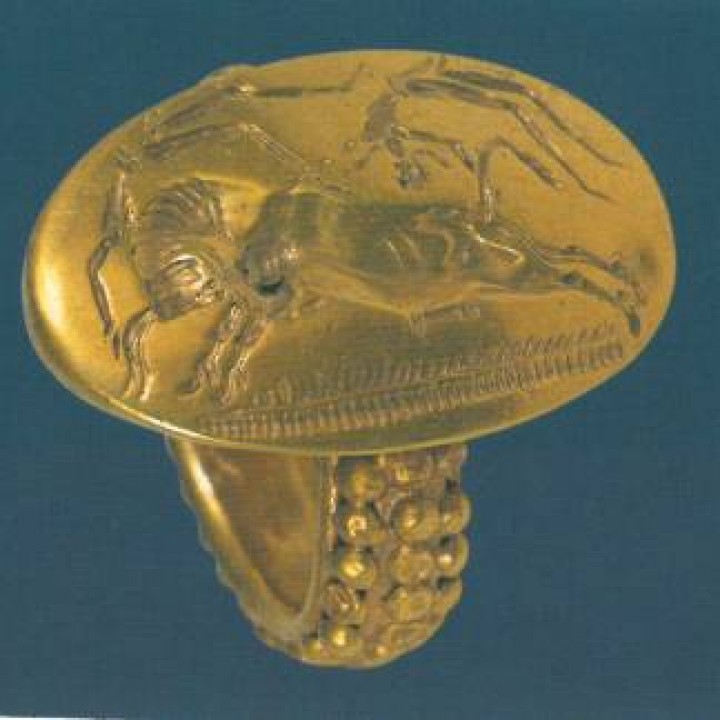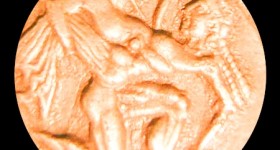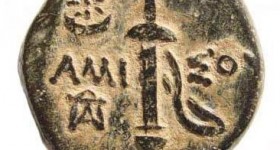The licentiousness of the Greek colonists of Sybaris

By the end of the 8th century BC the Greeks had already colonised large parts of Sicily and Southern Italy. The reason behind such an expansion was undoubtedly profit: they were probably looking for new agricultural lands, trading ports and metals. Some of these colonies became very rich as they were exporting large quantities of agricultural produce back to mainland Greece.
The outcome was the breeding of a new aristocracy in the colonised cities. The new aristocrats were rich and ambitious as money was flowing liberally into their pockets. One of the most important examples in history is that of Sybaris, a city in Southern Italy. Sybaris was renowned for its wealth and love of luxuries in antiquity. In fact, it became an iconic city of Southern Italian wealth.
Atheneus, a Hellenistic writer, in his Deipnosophistae, describes the excessively luxurious lifestyle of the Sybarites. He says:
“The Sybarites used to wear also garments made of Milesian wool [Miletus was a city in Asia Minor], from which there arose a great friendship between the two cities, as Timaeus relates. For of the inhabitants of Italy, the Sybarites gave the preference to the Etruscans, and of foreigners to the Ionians, because they were devoted to luxury. But the cavalry of the Sybarites, being in number more than five thousand, used to go in procession with saffron-coloured robes over their breastplates; and in the summer their younger men used to go away to the caves of the Nymphs of the river Lusias, and live there in all kinds of luxury. And whenever the rich men of that country left the city for the country, although they always travelled in chariots, still they used to consume three days in a day’s journey. And some of the roads which led to their villas in the country were covered with awnings all over; and a great many of them had cellars near the sea, into which their wine was brought by canals from the country, and some of it was then sold out of the district, but some was brought into the city in boats. They also celebrate in public numbers of feasts; and they honour those who display great magnificence on such occasions with golden crowns, and they proclaim their names at the public sacrifices and games; announcing not only their general goodwill towards the city, but also the great magnificence which they had displayed in the feasts. And on these occasions they even crown those cooks who have served up the most exquisite dishes. And among the Sybarites there were found baths in which, while they lay down, they were steamed with warm vapours. And they were the first people who introduced the custom of bringing chamber-pots to banquets. But laughing at those who left their countries to travel in foreign lands, they themselves used to boast that they had grown old without ever having crossed the bridges which led over their frontier rivers.” (Translation, C.D. Yonge (1854) http://www.attalus.org/old/athenaeus12a.html)
OK, Atheneus may have been exaggerating. The account seems to have been designed to cause the reaction of the audience. I am not certain, though, what kind of a reaction would that be? Jealousy, disgust, awe, surprise? Maybe all of the above.
In any case, the narrative probably includes historical elements of truth. There is no doubt in my mind that the Greek colonies achieved unprecedented wealth, due to their superior geographical position, trading connections and political stability. They must have used large parts of this wealth in status objects and other consumer products that would announce to the world the superiority of the city.



